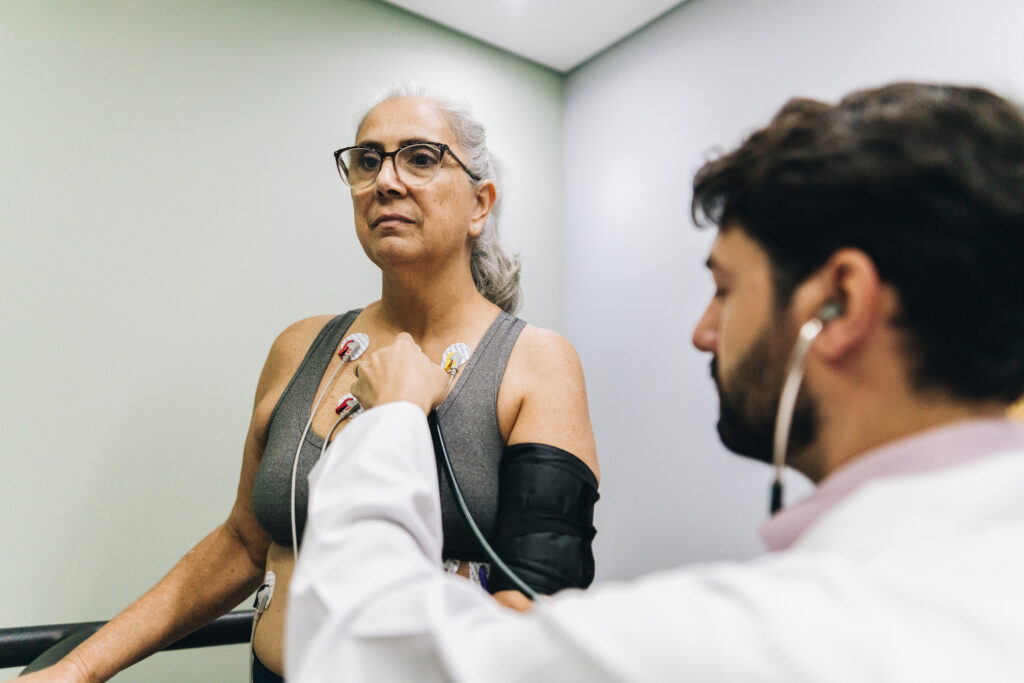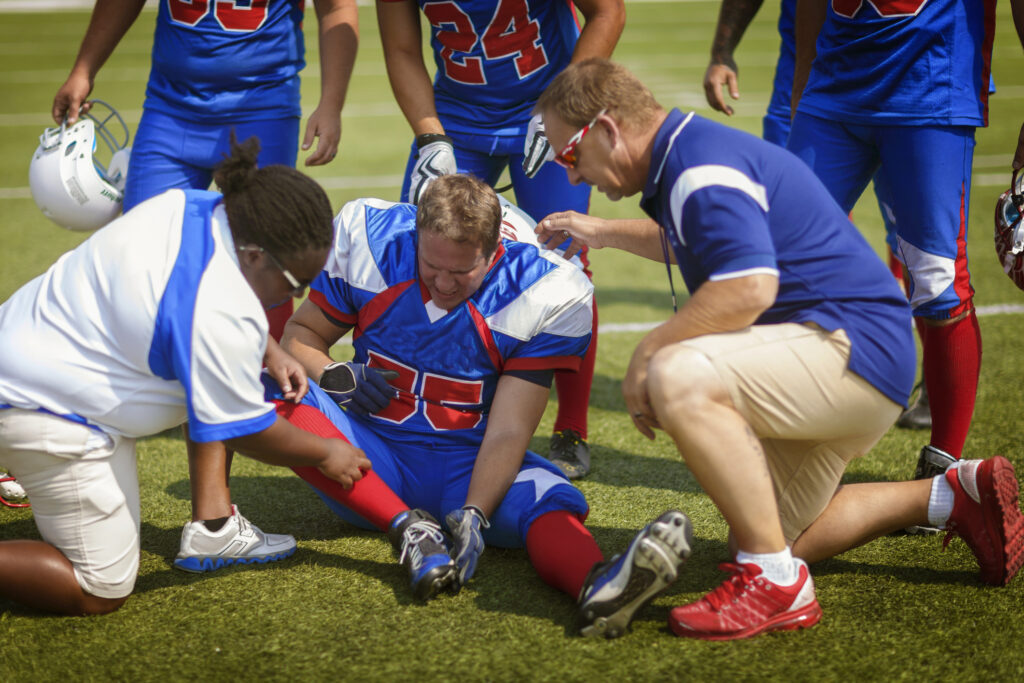Learning from Experience: Growth Potential of Exercise from Free-Living Protein Synthesis in Men and Women

Skeletal muscle is the engine that drives human health and performance and is influenced by modifiable healthy lifestyle behaviors (i.e., nutrition and exercise) and non-modifiable factors (i.e., sex and age). It is well-established that resistance exercise stimulates the synthesis of skeletal muscle protein (especially the force-generating myofibrillar fraction) for up to 48 hours. This ultimately […]
The Heritage Family Study: Honoring the Past and Looking Forward

In 2022 we celebrate the 25th anniversary of the HERITAGE (HEalth, RIsk factors, exercise Training And GEnetics) Family Study. The May issue of Medicine & Science in Sports & Exercise® (MSSE) highlights a multitude of the more than 200 publications and other dissemination products from data generated from this groundbreaking and important research program. The HERITAGE study described the role of […]
Effects of Physical Activity on Mental Health in Vulnerable Populations

If you or someone you know is managing a mental illness, then you or they are not alone. Many Americans struggle with mental illnesses. Almost one in five adults live with a mental illness (52.9 million in 2020). Mental illness is defined by the National Institute of Mental Health as a mental, behavioral or emotional […]
Autism & Exercise — Getting Parents Up to Speed

“My child is no longer involved in occupational therapy or physical therapy, so he’s not moving as much. What should I do … ?” This is a conversation I have had many times over the last 18 years. Parents call my organization, Exercise Connection, in their search to find a logical next step. What they […]
“Mind the Drift” of HR for Accurate Exercise Intensity Implementation in Prolonged Aerobic Exercise

An appropriate and individualized dose of regular aerobic exercise is recommended to promote and preserve cardiorespiratory health throughout life. The exercise dose is defined by four ingredients: frequency, intensity, time and type of exercise. Among these, intensity is the most elusive term of the exercise “prescription.” It is typically determined from an external load (such […]
Low Fit Patients with Breast Cancer May Not Complete Chemotherapy

Several international guidelines and position statements have recommended that exercise should be embedded as standard practice in cancer care. The main argument for this has been symptom control, in particular for fatigue. Exercise during or after cancer treatment also improves quality of life, physical and role functioning, and reduces anxiety and depression. Following the 2018 […]
Physical Activity Engagement for Clients with Intellectual and Developmental Disabilities

As a fitness professional, working with a client with intellectual and developmental disabilities (IDD) can present a uniquely difficult, though rewarding, experience. People with IDD face unique barriers to engaging in and adopting regular fitness regimens, including individual physical and cognitive limitations, time constraints and transportation restrictions, and access to facilities and appropriate programming.1 Therefore, tailoring […]
Does Menopause Make Women More Sympathetic to Exercise?

Cardiovascular disease remains the leading cause of death in women, and hypertension is a major contributing factor, particularly after menopause. The sympathetic nervous system — historically viewed as the “fight or flight” part of our autonomic nervous system — is involved in regulating blood pressure (BP) and can contribute to the development of hypertension. Previous […]
More Than Head Trauma: Understanding Factors Related to Negative Health Outcomes in Former Football Players

The long-term effects of sport-related head trauma have gained notable attention from the scientific community, sport governing bodies, and the mainstream media in the past two decades. Concussions and repetitive head impacts that do not result in clear clinical signs and symptoms have been investigated as risk factors for worse health-related outcomes in later life. […]
Muscle and Cancer: Outcomes and Expectations

Low muscle and prognosis The question of muscle and cancer is one of the most fascinating and rapidly growing areas of exercise oncology. Dr. Carla Prado is considered one of the godmothers of this field: Her 2007 study identified low lean body mass as a predictor of chemotherapy toxicity in individuals with colon cancer. Since then, […]
